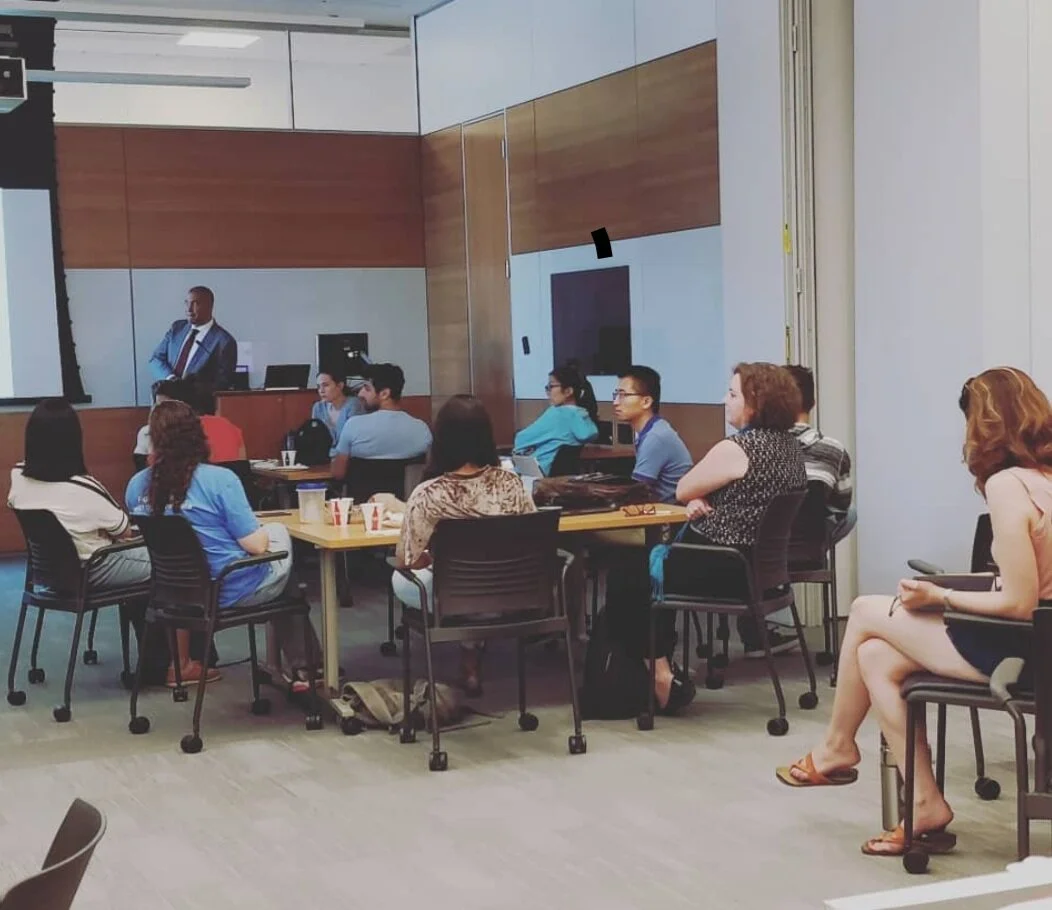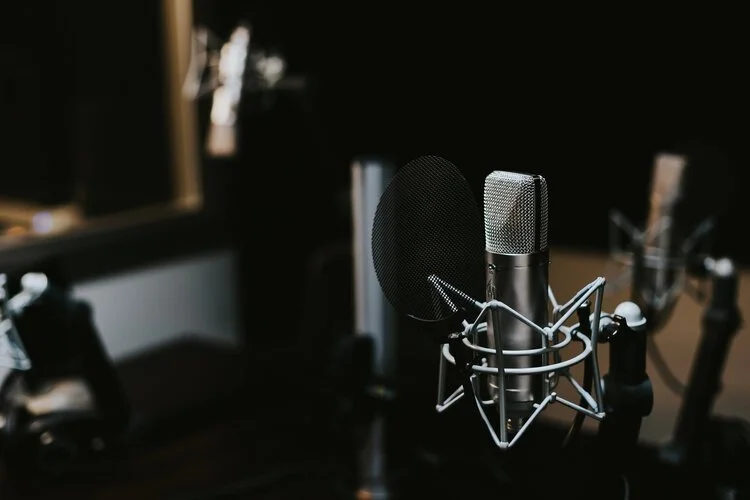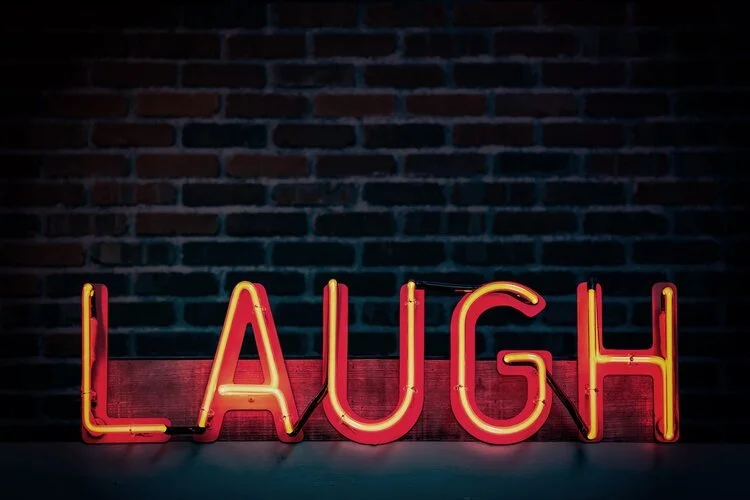2021-2022 Workshop Series
Presentation Skills
Sep 28th, 2021
Engineering Ambassadors Program of the Worcester Polytechnic Institute
A GREAT PRESENTATION GIVES SMART IDEAS AN ADVANTAGE - Nancy Duarte | Attendees learned how to master slide and poster presentations by learning how to direct the attention of audiences. They learned how to increase clarity and efficacy of presentations and how to decrease misunderstandings by commanding visual space and visual information.
Data Visualization and Poster Design
OCT 28th, 2021
Steven Geofrey
I DON’T TRUST WORDS. I TRUST PICTURES - Gilles Peress | Attendees found out how to make visuals stand out and how to communicate information clearly. They learned how to understand basic theory behind visual design to improve figures and graphical abstracts for publications, presentations, and how to use these on online platforms.
Social Media and Short-Form Videos
DEC 9th, 2021
Amanda C. Freise
CONVERSATIONS ARE HAPPENING WHETHER YOU ARE THERE OR NOT - Kim Garst | Attendees explored various social media platforms to investigate how they can be used to communicate science to peers and general audiences. They learned how to become members of science Twitter, how to gather an Instagram following, and how to create engaging and informative posts.
Scientific Writing and Storytelling
FEB 9th, 2022
Stephen Van Knocker
IF IT ISN’T WRITTEN DOWN, IT DIDN’T HAPPEN - An Old Adage | Attendees learned to clearly construct their writing from improving larger structures like paragraphs, to refining smaller forms like sentences. They re-discovered English grammar and how to use it to their full advantage while writing grants and articles for journal publication.
How to Create Your Own Podcast
MAR 17th, 2022
Seth Shostak (host of the podcast Big Science Picture)
SPOKEN WORDS HAVE POWER BEYOND MEASURE - Debasish Mridha | Attendees discovered what goes on behind the scenes of your favorite science podcasts. They learned how to choose themes, topics, and style of the podcasts, and found out what resources they have and need to produce one for themselves.
How to Use Videos to Communicate Science
MAY 4th, 2022
Dr. Eric Brennan
WE ARE VISUAL CREATURES, AND WE ARE PROGRAMMED TO REACT TO VISUALS MORE THAN TO WORDS - Ekaterina Walter | Attendees learned the basics of video-making and how to get started with their own video projects. They also discussed how to interact with and how to be interviewed by the media.
Scientific Comedy
JUN 3rd, 2022
Dr. Jason McDermott
Attendees learned when and how to use humor in presentations, talks, and writing. This knowledge will allow them to keep audiences engaged and interested.
2020-2021 Workshop Series
Scientific Storytelling: How to turn your science into a story
Attendees learned the fundamentals of storytelling used in fiction and cinema and how to apply them to their own scientific projects. From elevator pitches to scientific journal publications, attendees learned that every form of science communication can become a clear and educational story that can engage any audience.
Sep 30th, 2020
Dr. Rafael Luna, Associate Dean, Boston College, author of “The Art of Scientific Storytelling”
Access workshop recording here
Data Visualization: How to design effective and clear graphics
Attendees found out how to make their visuals stand out and communicate information clearly. They learned basic theory behind visual design to improve their figures and graphical abstracts for publications, presentations, and use on online platforms.
Oct 15th, 2020
Dr. Steven Braun, Assistant Professor, Northeastern University, Data Analytics and Visualization Specialist
Access Workshop recording here
Presentation Skills: How to create memorable presentations
Attendees mastered slide and poster presentations by learning how to direct attention of their audience. Attendees learned to increase clarity and efficacy of their presentations and decrease misunderstandings by commanding visual space and visual information.
Nov 18, 2020
Matthew Malencia, PhD candidate in Robotics, University of Pennsylvania
Access workshop recording here
Social Media: How to use novel tools for science communication
Attendees explored a variety of social media platforms and how they can be used to communicate science to peers and general audiences. They learned how to become a member of science twitter, gather an instagram following, and create engaging and informative posts.
Dec 4th, 2020
Dr. Amanda Freise, Associate Director of Undergraduate Research, Microbiology, Immunology, and Molecular Genetics, UCLA; Director of Research, Center for Positive Sexuality
access workshop recording here
Scientific Writing: How to write successful manuscripts and grants
Attendees learned to clearly construct their writing from improving larger structures like paragraphs to refining smaller forms like sentences and phrases. Attendees re-discovered English grammar and how to use it to their full advantage while writing grants and articles for journal publication.
Jan 27th, 2021
Dr. Josh Schimel, the Chair of the Environmental Studies Program and Professor of Soil and Ecosystem Ecology at UCSB; an author of the book “Writing Science: How to Write Papers That Get Cited and Proposals That Get Funded”
access workshop recording here
Online Writing: How to write clearly for non-scientist audiences
Attendees explored writing for broader audiences in blogs, newspapers, and on websites or social media. They found out how to reduce use of the scientific jargon, communicate succinctly, and choose simple, but memorable language.
Feb 23rd, 2021
Dr. Kristin Lynn Sainani, Associate Professor of Epidemiology and Population Health at Stanford University, a health and science writer; authored column for Body News for Allure magazine and authors a statistics column, Statistically Speaking, for Physical Medicine & Rehabilitation journal
access workshop recording here
Podcasts: How to start a science podcast
Attendees discovered what goes on behind the scenes of their favorite science podcasts. They learned how to choose themes, topics, and style of the podcasts, and find out what resources they have and need to produce one themselves.
March 22nd, 2021
Rachelle Saunders, Producer and Host of the Podcast Science for the People
Access workshop recoding here
Videos: How to create informative and engaging videos
April 16th, 2021
Attendees learned the basics of video-making and how to get started with their own video projects, and explored components of video-making from writing a science-themed script to filming and editing the final product.
Olivia Andrus, director of My World, Grounded, and Diversified: The Florida Panther Story, and Grace Weikert, Video Producer at NASA Goddard Space Flight Center, graduate students at Montana State University’s Science and Natural History Filmmaking Program.
Access workshop recoding here
(Un)Controversial Science: How to talk persuasively about sensitive scientific topics
June 3rd, 2021
In conversations with scientific audiences, how do you address controversial and emotional topics like GMOs, fetal tissue research, vaccines, global pandemics, and climate change? Attendees learned principles of communicating scientific uncertainty as an expert through discussion and hands-on exercises.
Dr. Matthew Motta, Assistant Professor of Political Science at Oklahoma State University, specializing in research identifying the social and political determinants of anti-science attitudes, investigating their policy impact, and designing communication strategies that promote effective engagement between the public and the scientific community on politically contentious issues.
Access workshop recoding here
2019-2020 Workshop Series
Scientific Storytelling: Making Your Science a Story
Rafael E. Luna, AUTHOR of The art of scientific storytelling
How to use literary tools to create a story arch; how to weave your story into a conversation. Included group exercises in reducing jargon, reducing distracting or unnecessary details, building confidence, and improving active listening.
Sep 17, 2019
Take-home assignment involved identifying narrative arch in student thesis projects and utilizing that arch to construct a compelling elevator pitch on the project.
Data Visualization: Explaining Your Data Through Images
Oct 29, 2019
Take-home assignment involved applying design skills and knowledge conveyed in workshop to student datasets and scientific research contexts.
Javier Zarracina, Graphics Director, USA TODAY
Fundamentals of design needed to create engaging and informative visualizations for a variety of audiences. Included group exercises that focused on reducing visual clutter and highlighting the key messages of the graphic.
Presentation Skills: Explaining Your Science Through Slides and Posters
Matt Malencia, SciComm educator
Design principles backed by research on the psychology and neuroscience of multimedia learning, how to manage audience attention between presenter and presentation, how to create engaging presentations that can stand alone. Included group exercises to improve retention and audience engagement.
Dec 3, 2019
Take-home assignment involved applying design principles and best practices from alternative presentation schools of thought to pre-existing student presentations.
Scientific Writing: Clarifying Cause and Effect in Writing/The Art of Persuasion
Jan 21, 2020
Take-home assignment involved evaluating word choice in student writing samples and revising to change the message, or revising to shift emphasis of competing messages without changing word choice.
Judith Swan, Assoc. Dir. for Writing in Sci and Engg at Princeton University
How to improve clarity in your scientific writing, how to anticipate the expectations of readers and improve reader comprehension, how to construct and strengthen persuasive arguments in scientific writing.
Social Media: Using Twitter, Instagram, and Other Platforms to Communicate Science
Ian McLaughlin and ISA Betancourt, Science communicators
How to extract the most utility out of various social media platforms, including Twitter, Instagram, and TikTok, how to use social media for professional development or public outreach and science communication, how to craft effective posts, how to boost engagement.
Feb 21, 2020
Take-home assignment involved evaluating successful scientific accounts (institutional and personal) and design high engagement posts on one of a variety of platforms.
Certificate Earners
2020-2021
Certificate earners attended and completed the take-home assignment and peer review portions of at least 5 of the 9 workshops offered.
James Gesualdi
Alyssa Hwang
Amanda Weiss
Moen Sen
Yuzhang Chen
Adam Rayfield
Danielle Kellier
Greer Prettyman
Katherine Gomes
Daniel Morris
Somdutta Mukherjee
Kathryn Riman
Taylor Yount
Zarin Tabassum
Can Sun
Sonia Roberts
Gedaliah Knizhnik
Laura Ohl
Joel Pete Hypolite
Tala Azar
Nina Juntereal
Kyndall Nicholas
Julianna Supplee
Heather Schiller
Matthew Malencia
Bridget McVeighg
Jennifer Luppino
Melanie Schaffler
Kay Labella
Claudia Lopez Lloreda
Rebecca Clark
Vanessa Sanchez
2019-2020
Due to the coronavirus pandemic, the workshop series had to be terminated earlier than was planned. Certificate earners attended and completed the take-home assignments and peer review portions of at least 3 of the 5 workshops offered that year.
Luella Allen-Waller
Yaoyu Gong
Jailynn Harke
Samantha Schumm
Rebecca Somach
Vivek Sriram







